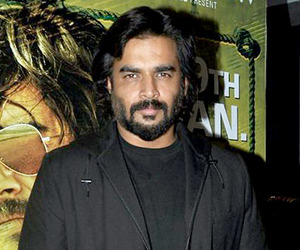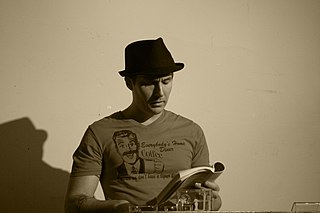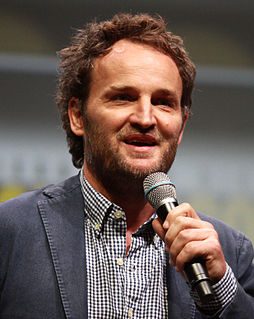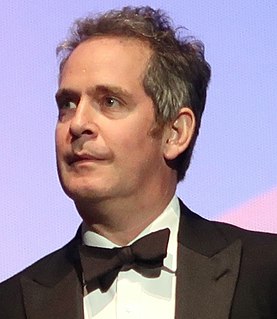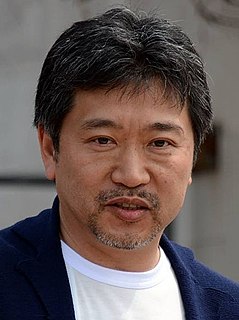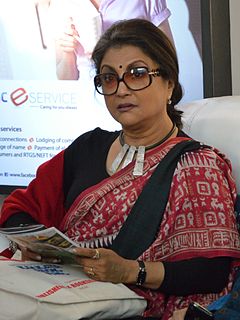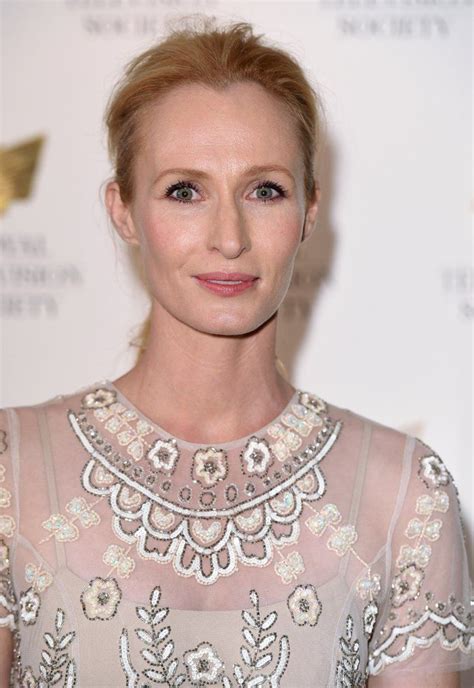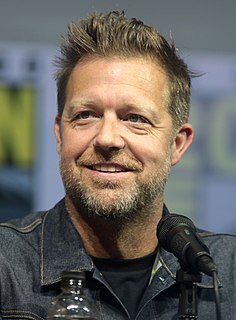A Quote by R. Madhavan
Television is a good training ground for aspiring stars. You can experiment and get away, imbibing the positive and viable aspects. Whereas, in cinema, the stakes are high. If something goes wrong, the film falls flat.
Related Quotes
It takes a lot of time to be a good junkie or alcoholic - you spend hours getting the necessary supplies, then imbibing, then recovering, rinse and repeat. That's like eighteen hours of a day. And assuming you get out of that lifestyle before it macerates your heart, you have that Junkie Tunnel Vision, except now you get to use it for something positive: you know how to work tirelessly for one thing. Instead of using that tunnel vision to get high, I use it to make art.
I grew up doing plays - I went to a stage school after school - and it's always something that I've wanted to do, but, in a weird way, if you do television and film and you didn't go to drama school and don't have a theatrical background, it's hard to get your foot in the door. In the same way that it is for theater actors to get into television and film. There's a weird prejudice that goes both ways.
One of the more problematic aspects of the current state of cinema in Japan is that the movies playing in the theaters are by and large made not by film studios but by broadcasting companies. They're either extensions of popular television dramas or adaptations of manga or anime. Younger Japanese are simply not being exposed to good films. That situation needs to change.
There wasn't a lot of R&B cats doing songs at 120 beats per minute before 'Closer,' which I take full credit and responsibility for. That's all good, but it was an experiment. You experiment with something, if it goes good, cool, but you never forget where you come from and R&B is where I come from.
I think moving from Ireland to Australia, you couldn't get a more different accent on the palate. The Irish accent is very muscular and involves a lot of tongue and cheek-muscle work, whereas the Australian accent is really flat; the palate is quite broad. They're at almost opposite ends of the scale, so I feel it was good training.
Why do people go to the cinema? What takes them into a darkened room where, for two hours, they watch the play of shadows on a sheet? The search for entertainment? The need for a kind of drug? ..I think that what a person normally goes to the cinema for is time: for time lost or spent or not yet had. He goes there for living experience; for cinema, like no other art, widens, enhances and concentrates a person’s experience-and not only enhances it but makes it longer, significantly longer. That is the power of cinema: ‘stars’, story-lines and entertainment have nothing to do with it.
I think it is unnatural to think that there is such a thing as a blue-sky, white-clouded happy childhood for anybody. Childhood is a very, very tricky business of surviving it. Because if one thing goes wrong or anything goes wrong, and usually something goes wrong, then you are compromised as a human being. You're going to trip over that for a good part of your life.
